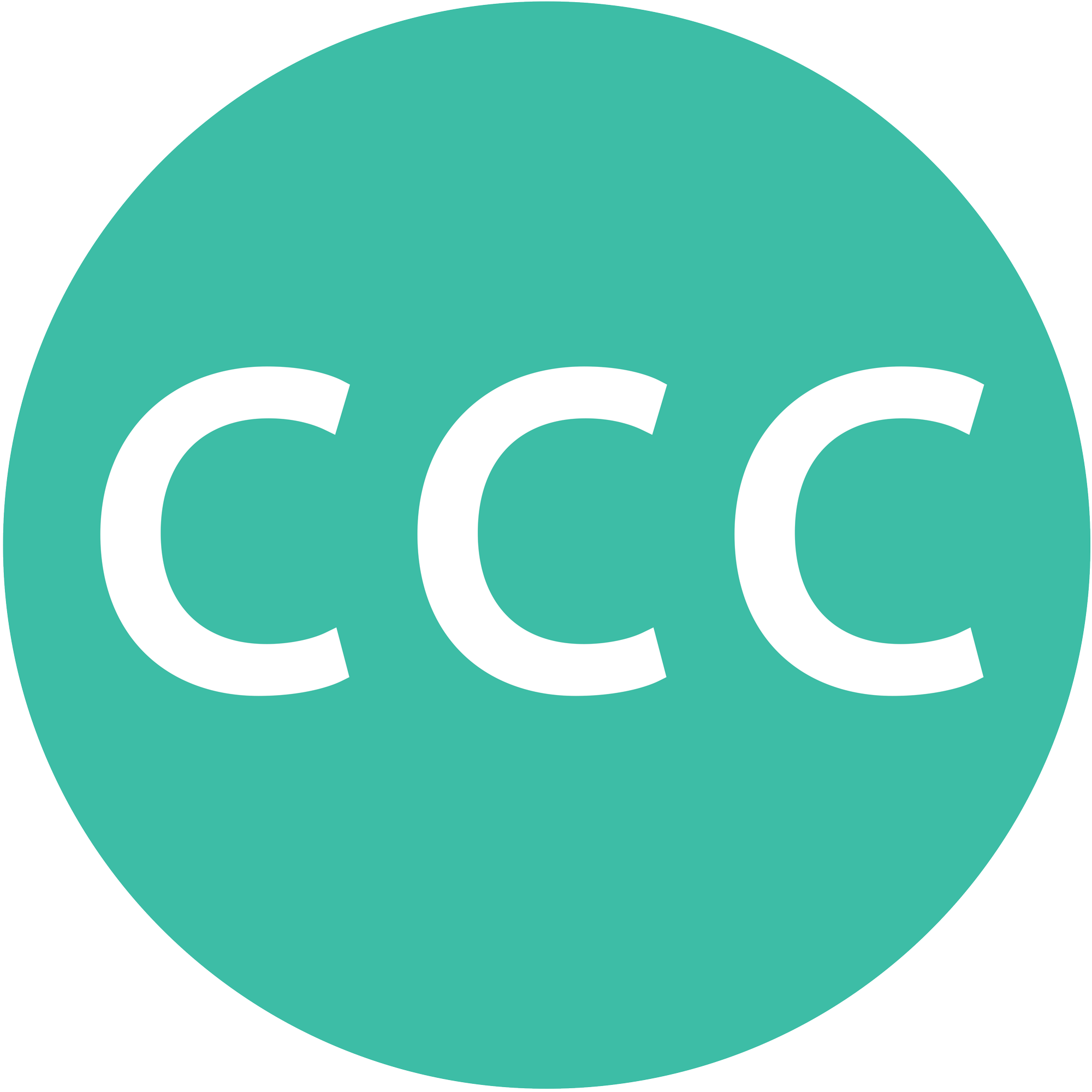If you know someone who doesn’t think sending in federal “troops” to Portland to quash constitutionally protected civil disobedience is a scary thought, you have to wonder what that person was doing in high school while all of his classmates were in history class.
It’s incredible to see hundreds of “moms” linking arms to stand as a buffer between protesters and federal officers. It brings back my memory of witnessing the Mothers of Plaza de Mayo in Buenos Aires, who took great personal risks to fight for justice (and against a dictatorship). Only this is America.
But what does this have to do with the Crisis Charitable Commitment? This is the kind of moment where philanthropy can play its unique role in society: to provide the resources to those nonprofits who foster a just world. Federal agents in Portland is a crisis in and of itself. The protests are an outgrowth of the racial justice crisis that’s been exposed. We donors have no excuse for not stepping up and digging deep.
The Crisis Charitable Commitment is a nonpartisan effort to increase the amount of money that supports our nonprofit community, but doesn’t try to tell donors where or how to give that money. Nonetheless, on the off-chance you are a funder who is just shy of meeting the CCC standard and wants to cross the finish line, you can consider supporting organizations working to protect the right to protest. I’m happy to steer you to The Right to Protest Collaborative Fund at Proteus, The Western States Center, or the National Lawyers Guild SF Bay Area (which is donating all contributions this week to support organizing in Portland).
I recently came across a fascinating article that appeared in the New York Times in 2006 by Princeton professor Peter Simon, “What Should a Billionaire Give–and What Should You?” It’s a brilliant and lengthy piece that weighs the pros and cons of wealthy people giving more to charity. However here’s the bottom line: Things have not changed since 2006 other than to say that by all indicators, the general population in the U.S. is worse off, and the nonprofit community is not sufficiently supported so that it can meet the needs that have jumped from overwhelming in normal times to unimaginable as a result of the pandemic.
Robert Kennedy said, “Some see things as they are and ask why. I see things that never were and ask why not.” Those moms asked “why not.” Those of us in the charitable donor class should do the same.
